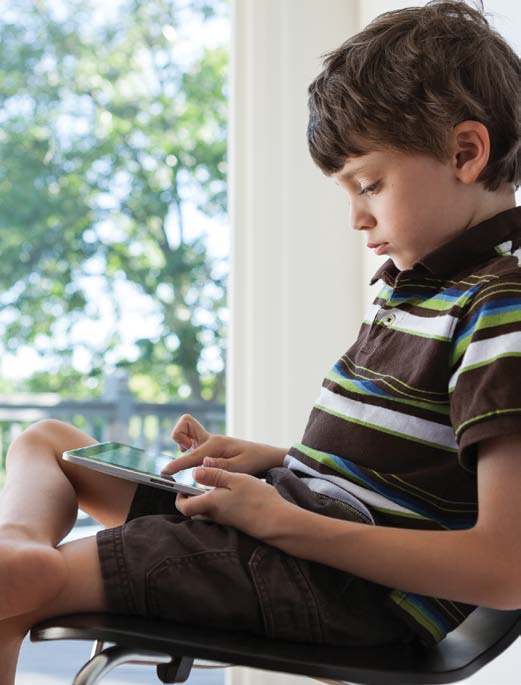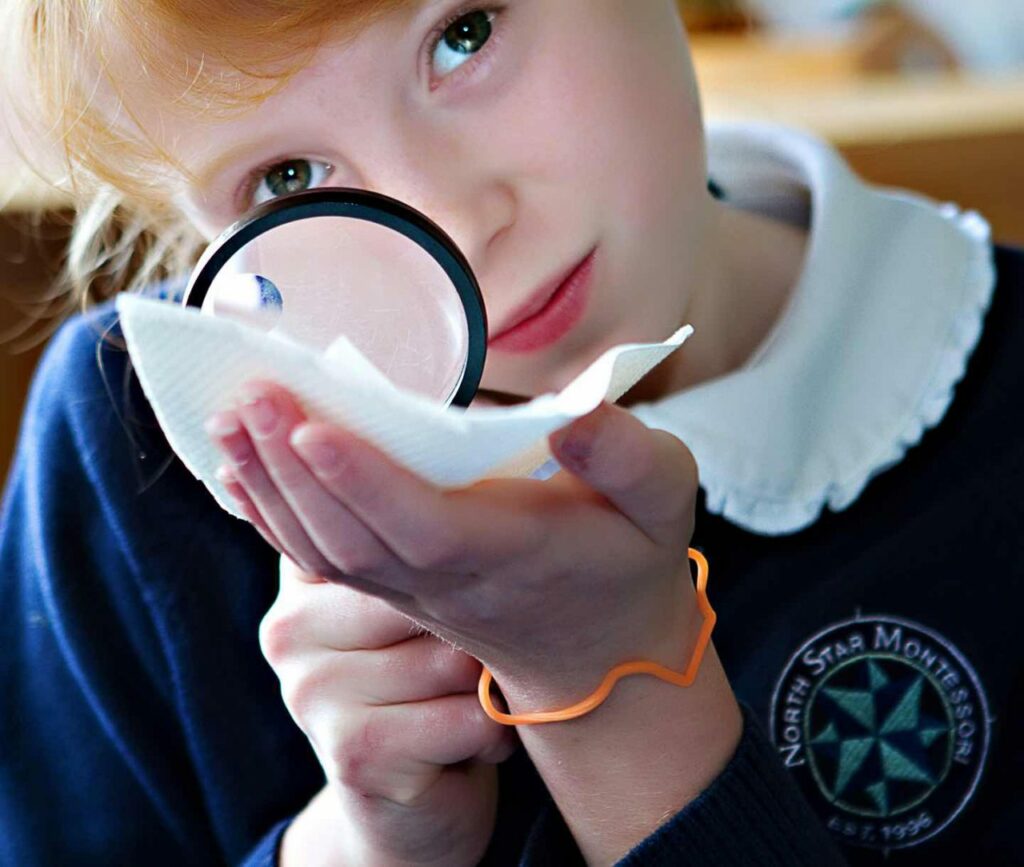So many parents today complain that their kids are always inside and plugged into their electronics, and never play outside with their friends like we used to when we were growing up. They are worried their young children are addicted to their Ipad and cell phone and wonder what to do. They have every right to be concerned for their children and all of the others who are spending most of their free time indoors and “plugged in” to something electronic, and the overuse of screen time in general.
The difference between my childhood and my 22-year-old son’s childhood is astonishing! His generation is so plugged into electronic diversions that it has lost its connection to the natural and social world.
My memories of growing up include many hours spent “out of doors” after school, after dinner, and on weekends. We could not get enough time outside with our friends and family enjoying hikes, cycling, walking and exploring nature. Our parents struggled with getting us to come inside and television was a limited “treat”. Times have certainly changed! I see many children under the age of 5 mesmerized by their parent’s tablets and smartphones out in their communities, everywhere I go.
I read the book, Last Child in the Woods: Saving our Children from Nature-Deficit Disorder, by Richard Louv and highly recommend it to all parents and educators who are struggling with a generation lacking in direct exposure to nature and over-exposure to electronics. In his book, Louv details studies and research on the growing body of evidence linking the lack of nature and increase in time spent with electronics in children’s lives and the rise in childhood obesity, attention disorders, and depression. Swedish researchers compared children within two early childhood care settings: at one centre, television and computers were readily available and the outdoor play space was limited and made of steel, plastic and other man-made materials. At the second centre, electronics were limited and rarely available and the outdoor play area was based on an “outdoors in all weather” natural theme. The children enjoyed playing with a variety of natural materials two to three times a day.
Those children attending the second nature centre had better motor coordination, more ability to concentrate, less agitation and irritation, less impulsive behaviour and greater creativity. They found that direct exposure to nature was essential for a child’s healthy physical and emotional development. Those attending the first centre had difficulty with attention span and struggled with impulsive behaviour and irritability. Sleep disturbances were also noticed.
Excessive exposure to electronic games, television, computers, tablets and cell phones can contribute to limited physical activity, according to the Mayo Clinic. Activities that the Mayo Clinic defines as “sedentary” include watching television, playing video games and texting on cell phones. In some families, these activities may become a priority over going outside to play; if children routinely choose to play electronic games and watch TV, they miss out on more traditional forms of exercise and could be at risk for childhood obesity.
I recommend adding nature activities and outdoor adventures to your everyday daily routines with your young children and limiting the time they spend in screen time activities. I understand that time is precious and our lives are full of schedules and commitments.
You may be pleasantly surprised that your children will sleep better after an evening of fresh air and may respond more positively after they experience the joy and wonder from outdoor activities with simple natural materials instead of an afternoon or evening in front of the television. You may also find that your time spent outdoors will also help “clear your mind” and improve your emotional well-being as well.
In a recent article, researchers at Boston University School of Medicine reviewed available types of interactive media and raised “important questions regarding their use as educational tools”, according to pediatric studies. The researchers state that though the “adverse effects of television and video on very small children was well understood, society’s understanding of the impact of mobile devices on the pre-school brain has been outpaced by how many parents are using them as a “babysitter” and by how much children are already using them “excessively”. The researchers warned that using a tablet or smartphone to divert a child’s attention repeatedly, could be detrimental to “their social-emotional development” and may impede their ability to learn self-regulation.
I also found that the use of interactive screen time below three years of age could also impair a child’s development of the skills needed for maths and science and the development of social skills.
Researchers urge parents to increase “direct human to human interaction” with their off-spring. They encourage more “unplugged” family interaction in general and suggested young children may benefit from “a designated family hour” of quality time spent with relatives—without any television and mobile devices distracting them or diverting their attention away from each other.
As an early learning expert, I question whether the use of smartphones and tablets could interfere with the ability to develop empathy and problem-solving skills and elements of social interaction that are typically learned during unstructured play and communication with other young children.
Playing with puzzles and building blocks help toddlers/preschoolers more with early math skills than interactive electronic gadgets. These devices replace the hands-on activities important for the development of sensorimotor and visual-motor skills, which are so important for the learning and application of cognitive skills needed for math and science as well.
I met a wonderful single father of two the other day and he shared with me a really great plan he developed for his pre-teen children. He made a sign and placed it on their TV for both children to see. It says, “No TV until TASKS are completed” and there is also a booklet for each child that includes a few tasks that are required to be completed prior to time spent on electronics or watching TV. He told me that it is a very successful tool and is working well.
I encourage all parents to educate themselves on the positives and negatives of electronics in their children’s lives, to make informed and positive decisions for their children’s well-being and to be loving and creative in their approach to electronics in their lives and in their homes.
About Brenda Fisher-Barber
Brenda Fisher-Barber, an Early Learning Expert with 35 years’ experience working with children of all ages and specializing in the early years. Brenda has been a Preschool Teacher, Early Childhood Education College Coordinator/Instructor, StrongStart BC Facilitator and Professional Development/Workshop Presenter. Please visit her website for more information and to connect with her.













